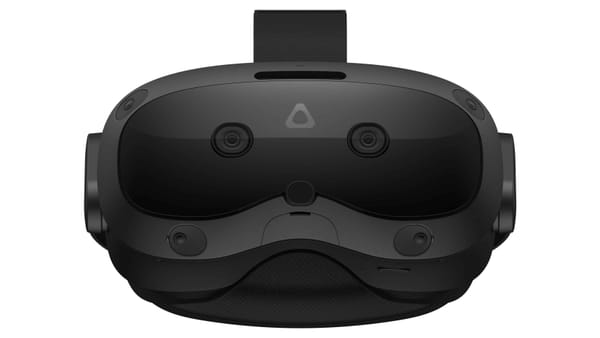Google Brings HTC's XR Technology and Engineers In-House




Google and HTC have announced an agreement that marks the beginning of a close collaboration, which could potentially signal the end of HTC’s independent presence in the XR market in the medium term.
As part of the deal, Google has secured a non-exclusive license to HTC’s XR intellectual properties (IPs) in exchange for a $250 million payment to the Taiwanese manufacturer. Additionally, the agreement includes the transfer of certain HTC engineers from the company’s XR team to Google. This move is aimed at bolstering Google’s Android XR ecosystem, focusing on both content and technology. Both companies have also expressed their intention to explore further opportunities for collaboration in the future.
The deal, expected to close in Q1 2025, does not signify an immediate end to HTC’s VR or XR ambitions. The company has emphasized its continued commitment to innovation in the XR space.
"HTC's commitment to delivering innovative VIVE XR solutions, such as the VIVE Focus Vision, remains unchanged, with existing product lines and solutions to be supported and developed without interruption," the company stated.
In the medium term, however, this partnership may lead HTC to rely on Google as a key partner rather than continuing as an independent player in the XR market. While HTC recently launched its VIVE Focus Vision headset in October, other companies are perceived as the trend-setting players in the market, above all Meta, Pico and, with its special console perspective, PlayStation VR. Valve is positioning itself more as a cross-platform content provider with Steam VR. And even Apple, with its high-priced Apple Vision Pro, has not yet made a lasting market-shaping impression.








